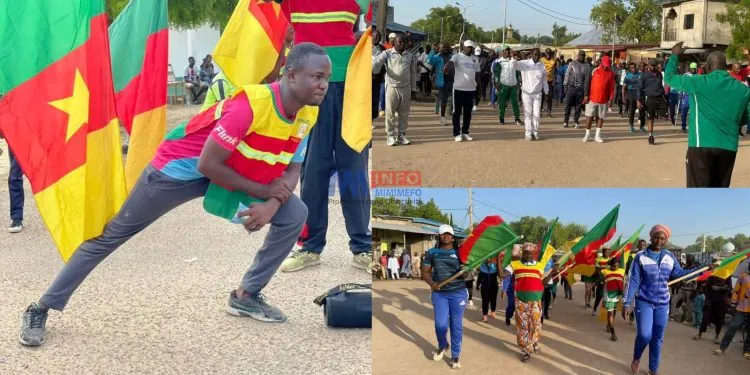The 53rd edition of Cameroon’s National Unity Day was launched this morning in Yagoua, capital of the Mayo-Danay Division. It began with a symbolic fitness march led by administrative officials, security forces, and community members. While the event aimed to project a message of cohesion and patriotism, it unfolded against the backdrop of deepening socio-economic hardships and political discontent in the region.
The march departed from the esplanade of the prefecture, passing through the city’s major arteries. This includes Lion Junction and the SEMRY district before returning to its starting point. Authorities described the event as a representation of national unity, echoing the government’s annual call for solidarity and peace.
Socio-Economic Hardships Undermine Unity Rhetoric
However, behind the official speeches and parades lies a more complex reality for many in this part of Cameroon. Mayo-Danay, located in the Far North Region, continues to face high rates of poverty, youth unemployment, and limited access to basic services such as healthcare, education, and potable water. Local residents, while participating in the festivities, remain concerned about the lack of tangible development despite decades of political rhetoric centred on unity and progress.
Moreover, the 2025 Unity Day celebrations come at a time of heightened political tensions nationally. Calls for greater decentralisation and inclusive governance have intensified, with critics pointing to the concentration of power in Yaoundé and limited responsiveness to the needs of peripheral regions. The northern regions, in particular, have long reported feeling marginalised in both political representation and economic investment.
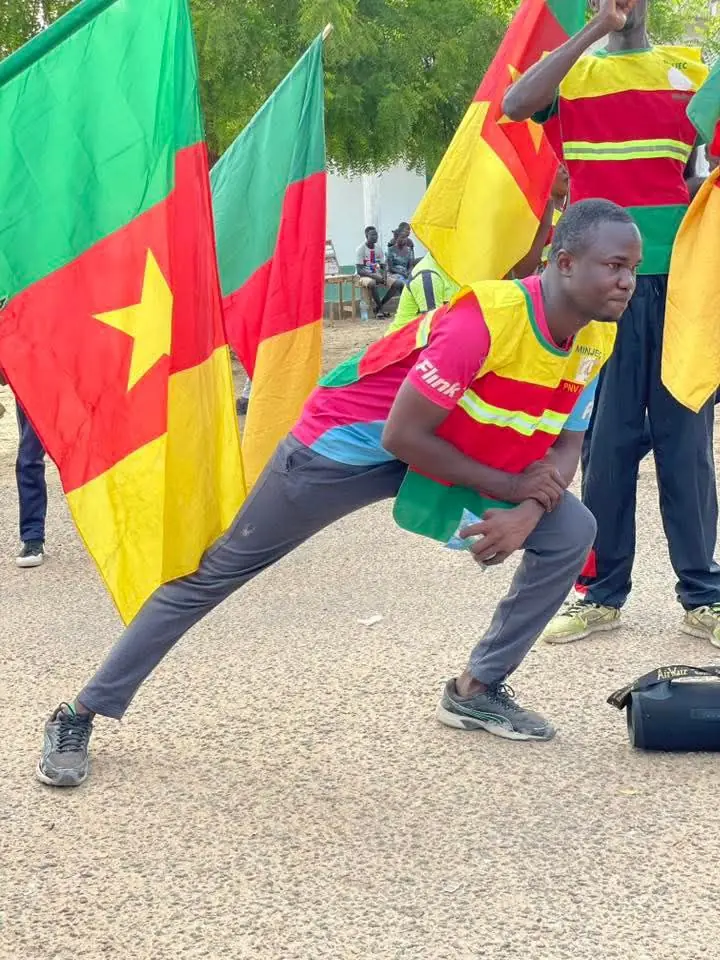
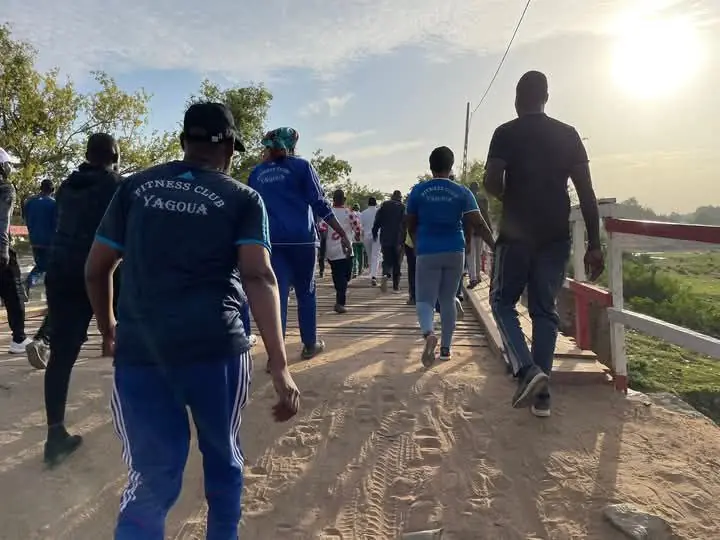
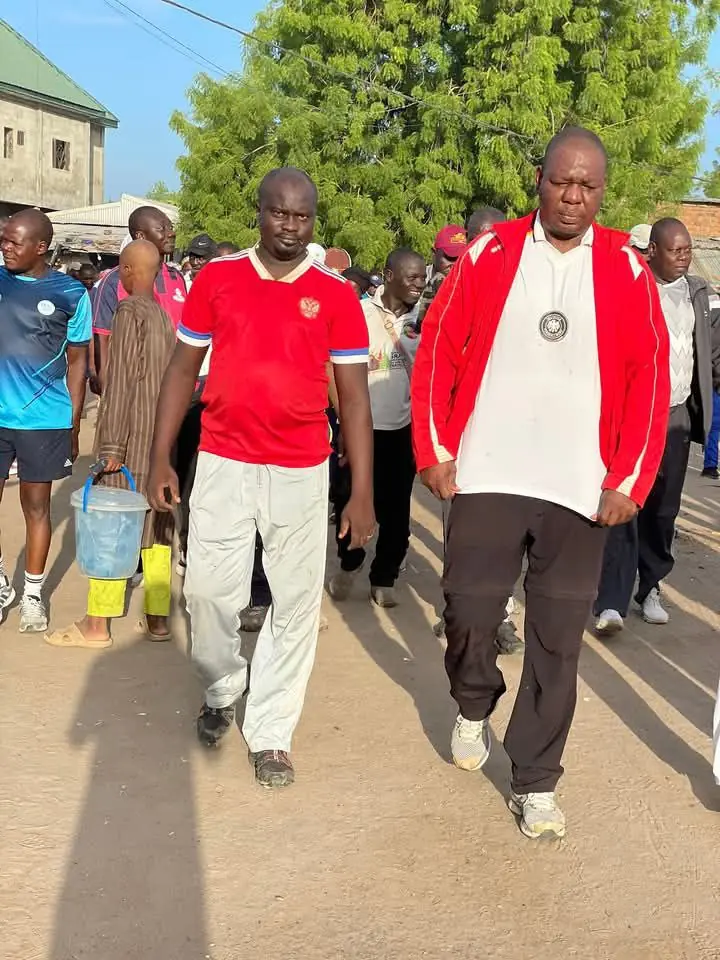
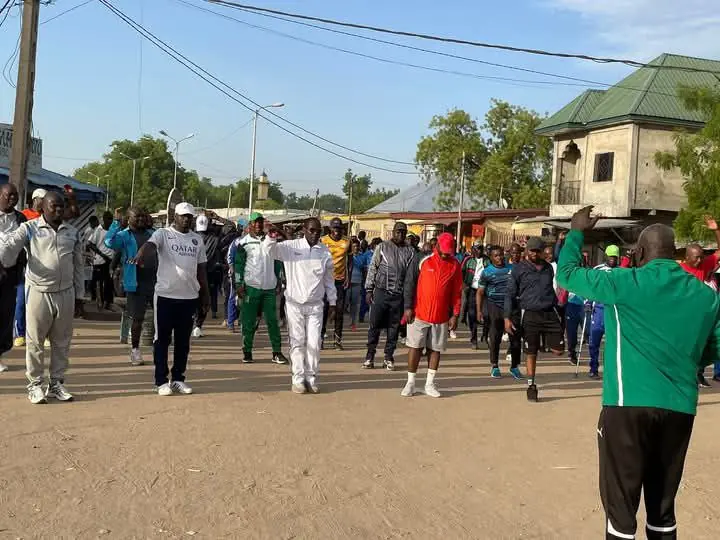
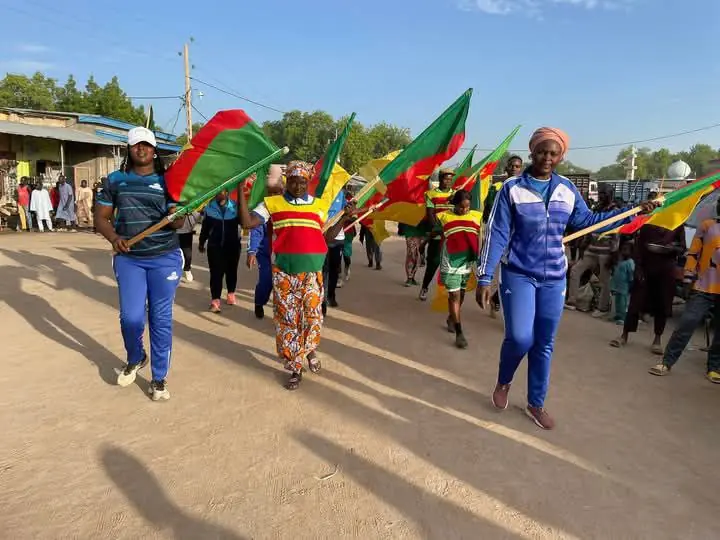
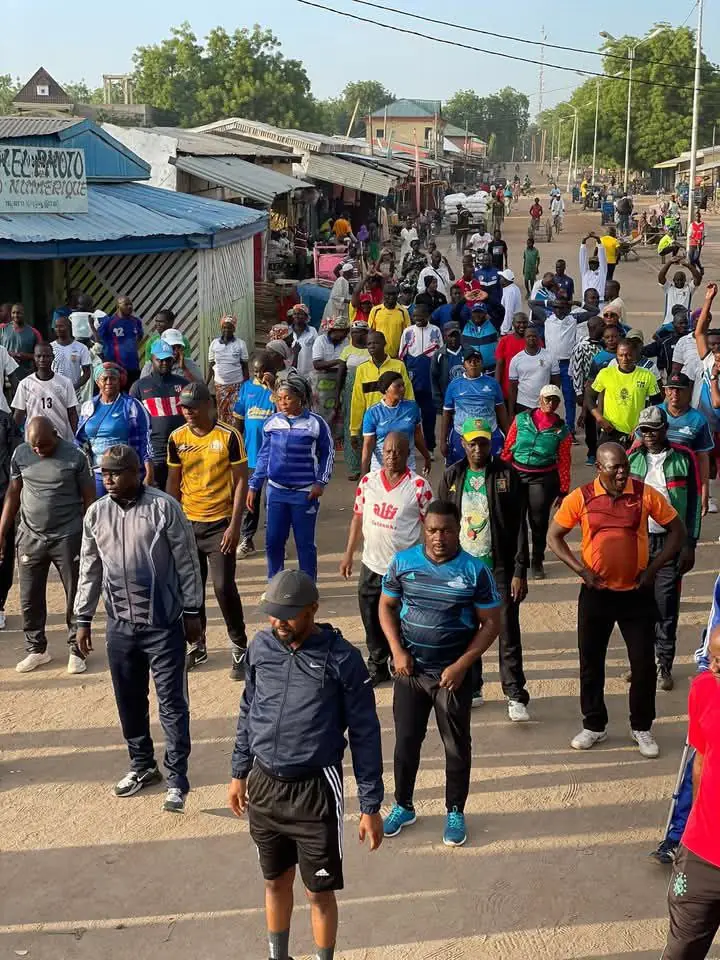
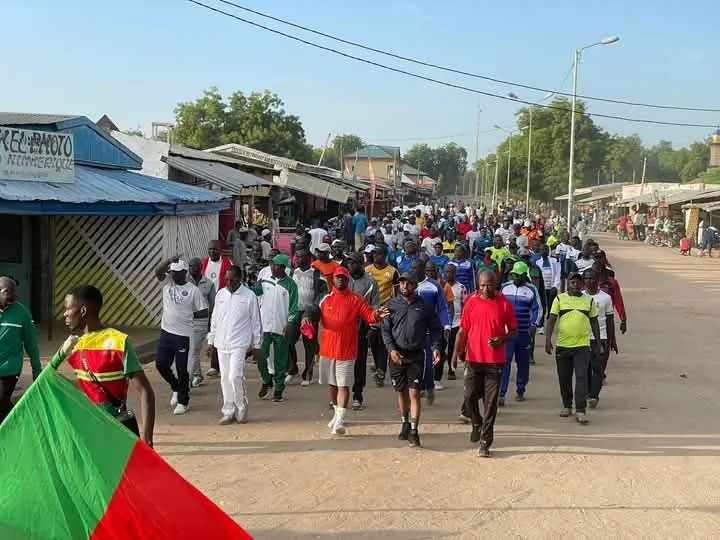
Security also remains a pressing issue. While the region has seen improvements compared to previous years marked by instability due to Boko Haram incursions, a sustained presence of security forces at public events like today’s march reflects ongoing concerns about safety and state control.
Symbolism Versus Substance in National Celebrations
The government’s insistence on large-scale ceremonial displays has also drawn scrutiny. Some civil society actors argue that symbolic unity parades cannot substitute for structural reforms. “We hear the same messages every year,” said a teacher from Yagoua who asked not to be named. “But our roads remain in poor condition, schools lack materials, and our youth see no future here.”
Lingering Questions
Cultural performances and sports competitions will take place in Yagoua, culminating in the traditional civil and military parade on May 20 at the town’s ceremonial square. Yet, for many citizens in the region, these displays serve as temporary distractions from long-standing grievances.
Cameroon celebrates over five decades of national unity, yet the annual event must evolve beyond mere symbolism. It should tackle the economic disparity and political exclusion that many citizens face, especially in underserved regions like Mayo-Danay.


